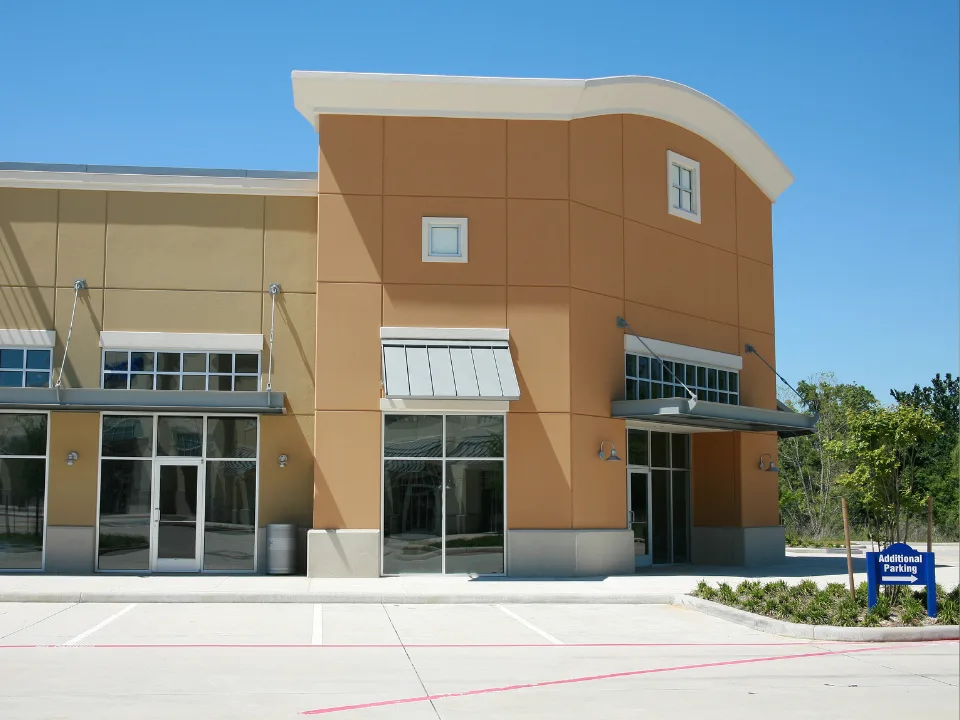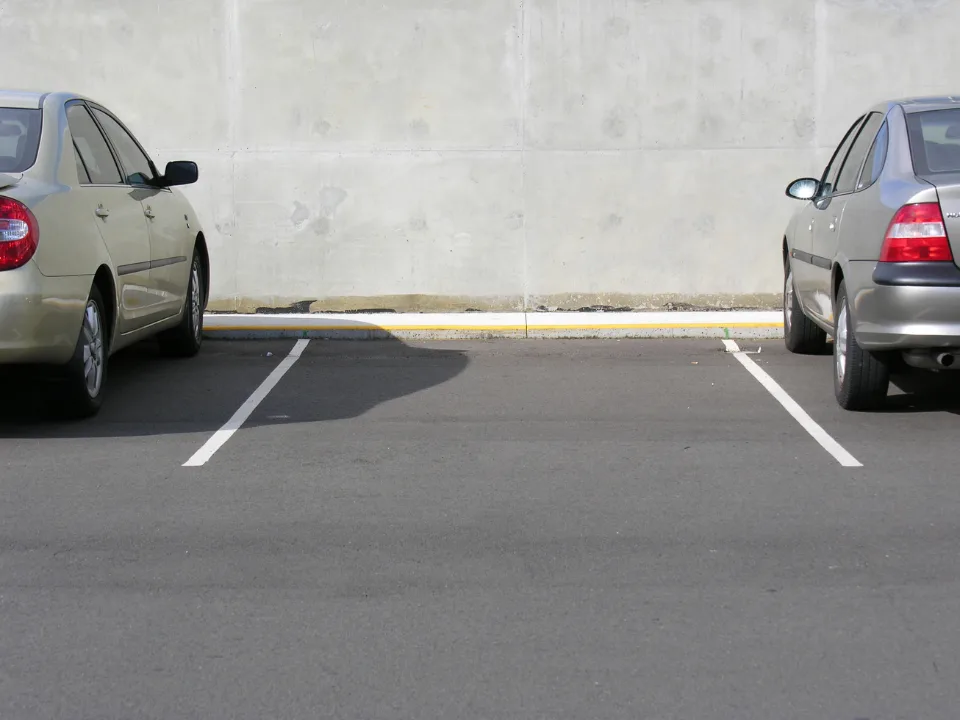- Dallas is considering removing off-street parking minimums for developers to improve urban density, reduce costs, and enhance flexibility in land use.
- Proponents argue that current parking mandates result in overbuilt parking, wasted space, and higher development costs.
- Critics worry about overflow parking in residential areas and potential challenges for businesses, particularly in car-dependent areas of Southern Dallas.
According to The Real Deal, Dallas is exploring a proposal to remove minimum off-street parking requirements for developers, a move that could dramatically reshape land use and urban planning in the city.
Cost and Space Savings
For context, current parking minimums require a set number of parking spaces per square foot of development. Critics argue that these mandates inflate costs, discourage innovative urban design, and lead to inefficient land use.
District 10 City Plan Commissioner James Housewright strongly supports the proposal, stating that developers frequently build 20% to 30% more parking than projects require. “This amended ordinance has the potential to do more good for the city in terms of land use and urban design than anything else we’ll do,” Housewright said during a recent hearing.
Proponents also emphasize financial benefits. Parking construction can cost developers $10K to $50K per spot, with costs often passed to tenants through higher rents or purchase prices. By eliminating these mandates, developers could allocate resources more efficiently and help the city meet its long-term goals of increasing density and walkability.
Critic Concerns
Not all city leaders agree. District 14 Commissioner Melissa Kingston expressed skepticism, particularly about eliminating parking minimums in high-traffic areas like Lowest Greenville, where parking helps regulate business activity.
“We use parking to manage the balance of uses—it’s really the only way we can do it legally under state law,” Kingston said.
Concerns also extend to potential overflow parking spilling into nearby residential neighborhoods and challenges in car-dependent regions like Southern Dallas, where public transit infrastructure remains underdeveloped.
Flexible Approach
If approved, the ordinance wouldn’t impact parking for existing developments but would give developers flexibility for future projects.
Large developments would be required to submit transportation demand management plans, incentivizing reduced reliance on single-occupant vehicles.
The proposal aligns with the City Council’s broader goals of fostering walkability and more efficient land use, but its success may hinge on balancing the needs of car-dependent residents with those seeking a more pedestrian-friendly urban environment.
Get Smarter about what matters in CRE
Stay ahead of trends in commercial real estate with CRE Daily – the free newsletter delivering everything you need to start your day in just 5-minutes
















